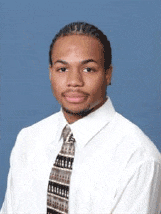 |
|||
|
|
|||

Ayanna
Howard, Director Dr. Ayanna Howard PhD Students
I received my B.S. in Electrical Engineering and M.S. in Electrical Engineering
I received a B.S. in Electrical Engineering and a B.S. in Mechanical Engineering from The Originally from Pittsburgh, PA, Lonnie Parker received his B.S. and M.S. degrees in Electrical Engineering at the Rochester
Hae Won Park received her B.S in Electronic and Electrical Engineering from POSTECH, Korea in
Douglas Brooks was raised in Pittsboro, North Carolina. He graduated Magna Cum Laude with his B.S. in Electrical Engineering from
Gregorio Drayer is a doctoral student in electrical and computer Automation, which is characterized by the use of sensors and feedback, During his stay at Georgia Tech, Gregorio also participates in the Sam A native of Venezuela, Gregorio received both Engineer’s and Masters Thesis Students
Past Students
I grew up in south Georgia, where I attended Sekou Remy received his B.S. in Electrical Antidio Viguria was born is Spain where he received his Telecommunication Engineering degree (1999-2004) at the University of
I was born in Montreal, Canada, to Romanian parents and migrated to California with my
Project: An Interactive Human-Robot Interface for use in Space Mission
Thesis: Design and Control of a New Reconfigurable Robotic Mobility Platform Visit his page for the Byrobot [also featured on the science driven robotics page] |
|||
| About | Perception and Reasoning | Human-System Interaction | Space and Field Robotics | People | Home |
|||
<![CDATA[ ]]>


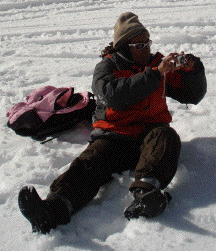
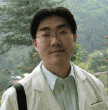 Chung Hyuk Park
Chung Hyuk Park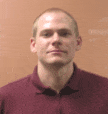 Stephen Williams
Stephen Williams
 Hae Won Park
Hae Won Park Douglas Antwonne Brooks
Douglas Antwonne Brooks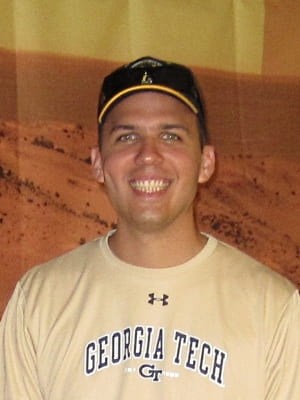 Gregorio Drayer
Gregorio Drayer

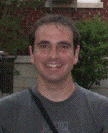
 Matt Joseph Livianu
Matt Joseph Livianu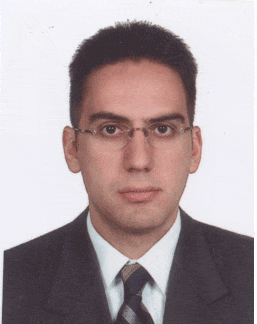 Volkan Oktem, Masters in Electrical
Volkan Oktem, Masters in Electrical